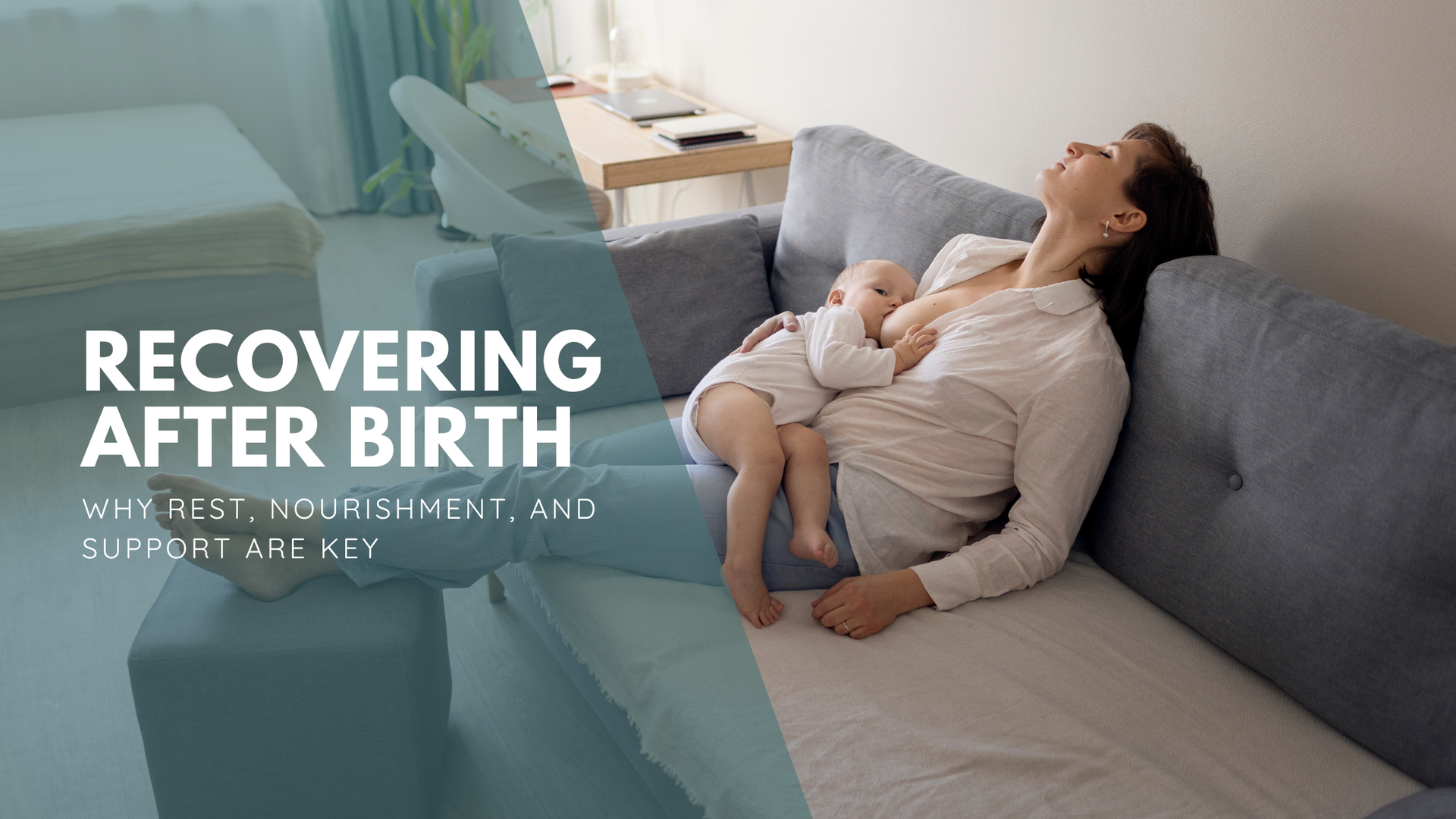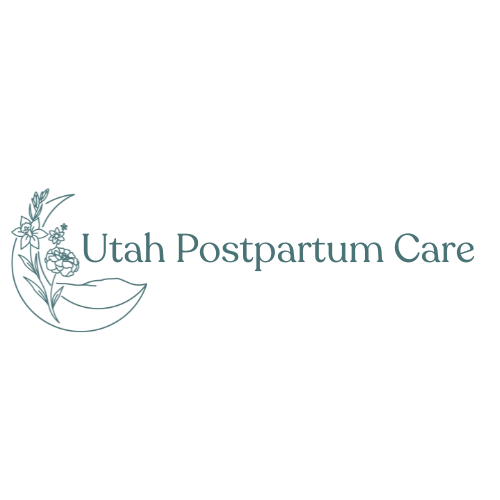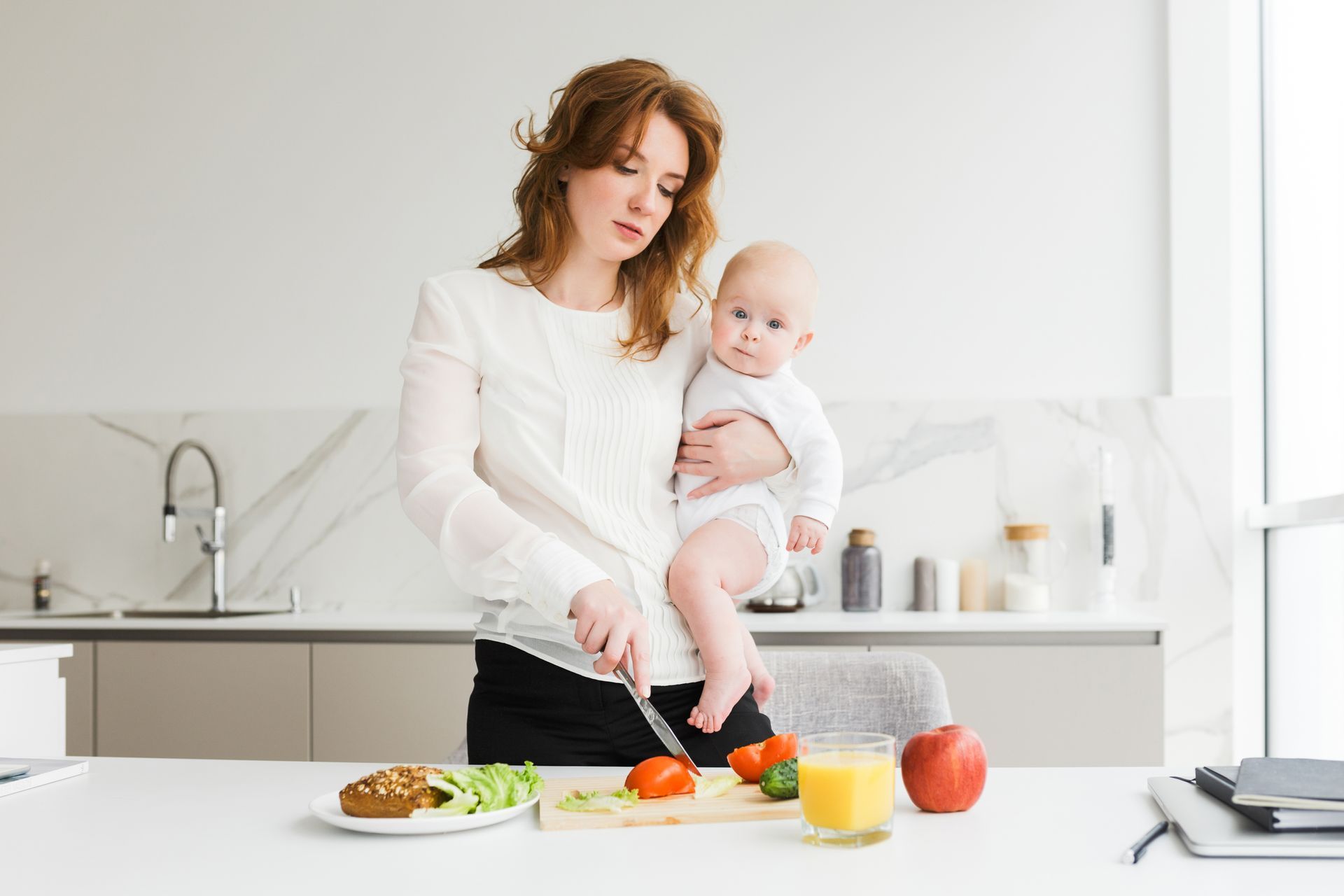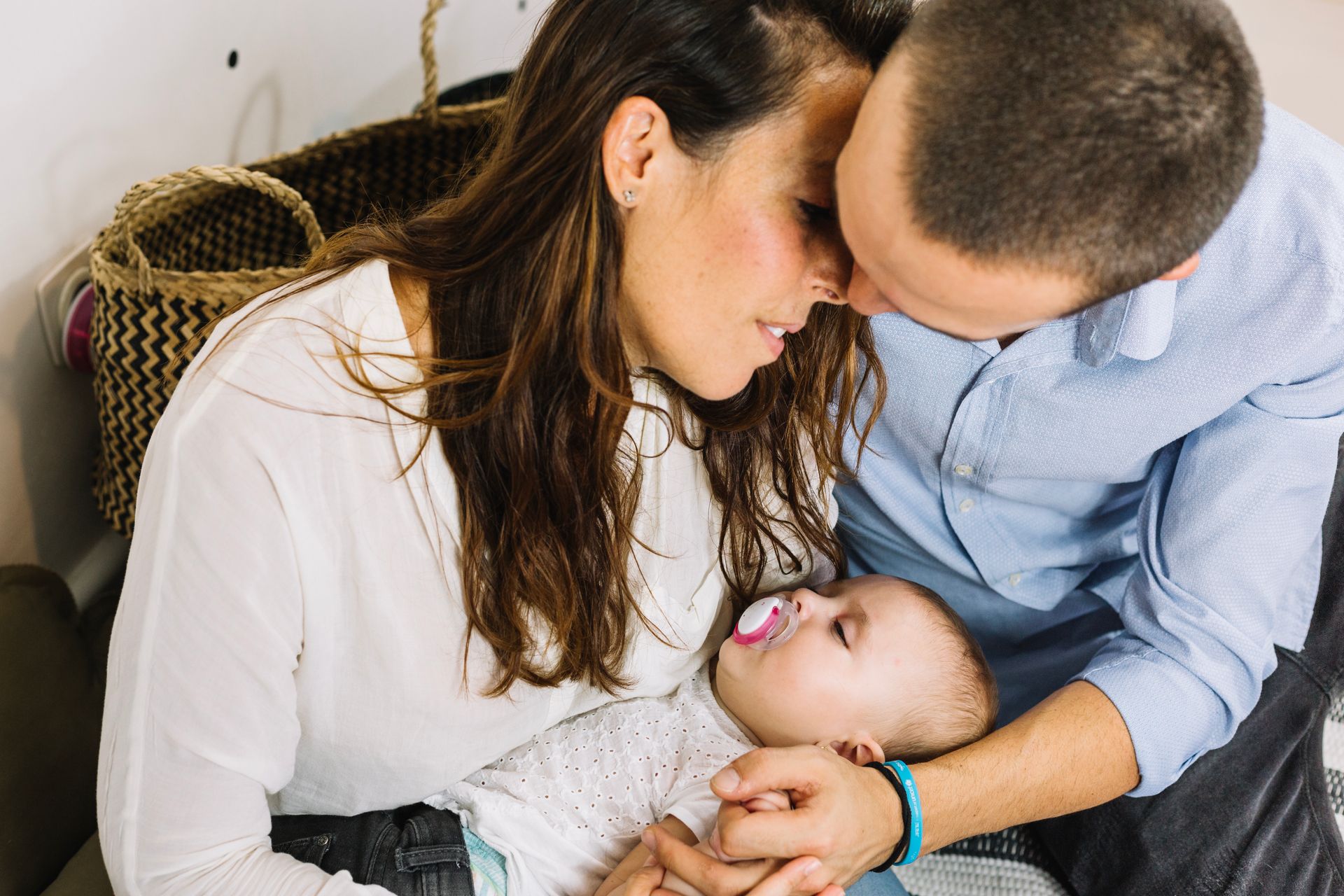Recovering After Birth: Why Rest, Nourishment, and Support Are Key
Recovering After Birth: Why Rest, Nourishment, and Support Are Key

You’ve spent months preparing for birth—but what about preparing for after? So many parents plan every detail of labor, only to feel blindsided by the exhaustion, aches, and emotional rollercoaster that follow. The truth is that postpartum recovery takes time, intention, and help.
As postpartum doulas, we support parents through the raw, beautiful, messy days after birth. If we could shout one message to every new parent, it’s this: you are allowed to rest, receive, and be cared for.
Here’s why rest, nourishment, and support are the foundation of a smoother postpartum recovery—and how to make them happen.
Why Rest Is Non-Negotiable for Postpartum Recovery
Birth is powerful, but it’s also physically demanding. Even after an uncomplicated vaginal delivery, your tissues, muscles, and organs need to heal. On top of that, you're dealing with sleep deprivation, hormonal shifts, and emotional adjustments, and it’s no wonder new parents feel like they’ve been hit by a truck.
Rest is a biological necessity. Your body needs downtime to:
- Repair tissues and replenish blood loss
- Regulate hormones after placenta delivery
- Support milk production if nursing
- Reduce inflammation and swelling
In many cultures, postpartum rest is built into the healing process, with family or community stepping in to care for the new parent. You deserve the same.
The Role of Nourishment in Postpartum Healing
Nourishing food is so important for postpartum recovery. Your body has just completed a marathon of growing and birthing a baby. It’s working overtime to repair, regulate, and fuel you through the early days.
Nourishment supports:
- Hormonal balance
- Milk production
- Energy stabilization
- Tissue repair and wound healing
Focus on warm, nutrient-dense foods like broths, stews, roasted veggies, and slow-cooked meats. Pair carbs, proteins, and fats to keep blood sugar steady. And don’t skip hydration—water, herbal teas, and electrolyte drinks are key.
Pro tip: Say yes to anyone offering to drop off a meal, or consider prepping a few healing meals before birth.
How Support Shapes Your Postpartum Experience
Here’s the secret most people won’t tell you: you’re not meant to “bounce back” alone. Human bodies and families thrive on community care—but modern parenting often isolates us.
Support during postpartum can look like:
- A postpartum doula helping with newborn care, meal prep, and light chores
- Family or friends dropping off food or running errands
- Therapy or counseling to process the birth and emotions
- Joining a postpartum support group for connection
You deserve people in your corner who ask, “How are you doing?” and actually listen.
What a Postpartum Doula Brings to Your Recovery
As postpartum doulas, we’re not just there to hold the baby (although we love that part, too). We're there to help you rest, nourish, and recover.
Here’s what that looks like:
- Preparing warming, healing meals tailored to postpartum needs
- Folding laundry or tidying up so you can stay in bed longer
- Caring for baby while you nap or shower
- Offering gentle guidance on newborn care, feeding, and soothing
- Providing emotional support through the ups and downs
You deserve to be nurtured while you nurture. It’s not selfish—it’s essential.
Book a consultation today to build your dream postpartum plan and receive the care every new parent deserves.
FAQ
How long should I rest after giving birth?
Ideally, plan for at least 1–2 weeks of mostly resting at home, followed by gradual increases in movement as you feel ready.
Is it normal to feel overwhelmed after birth?
Yes! Many parents experience emotional ups and downs. Support and rest can help regulate these feelings.
Can I ask for help even if I don’t have family nearby?
Absolutely. Even if you don't have family near you, you still deserve support. A postpartum doula or other support can fill this gap—and many communities have resources for new parents.
Note: Bountiful Doulas is growing into Utah Postpartum Care! Same team, bigger vision, deeper support across Utah.









